current location: Home> Central News
Central News
"Understanding the Drivers of Successful and Inclusive Rural Regional Transformation"International Symposium Held Successfully
Release date:2023/12/13 Source: CCAP
On December 7-8, the China Center for Agricultural Policy Peking University (CCAP, PKU) and the Australian National University co-convened an international symposium at Peking University entitled Understanding the Drivers of Successful and Inclusive Rural Regional Transformation. Understanding the Drivers of Successful and Inclusive Rural Regional Transformation". The symposium aimed to summarize the results of the ACIAR-funded project "Facilitating Inclusive Rural Regional Transformation: Sharing Experiences and Lessons in Bangladesh, China, Indonesia and Pakistan". The symposium aims to summarize the key findings, policy implications and future research directions of the ACIAR-funded project "Facilitating Inclusive Rural Regional Transformation: Sharing Experiences and Lessons in Bangladesh, China, Indonesia and Pakistan". The meeting was attended by experts and scholars from China, Australia, Bangladesh, Indonesia and Pakistan, as well as by ACIAR's expert program evaluators and China-based program managers.
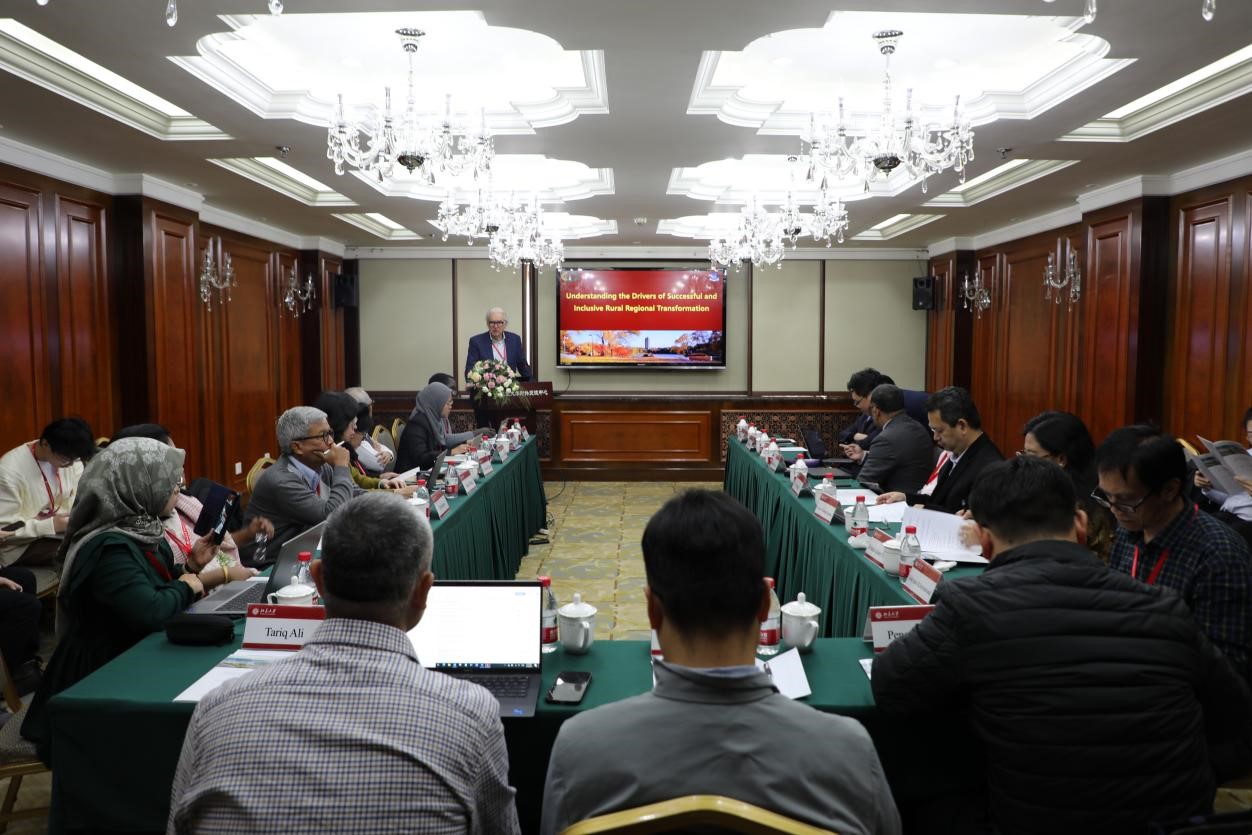
The meeting started with a speech by Prof. Christopher Findlay of the Australian National University, who warmly congratulated the national teams for their fruitful research results and thanked all project members for their hard work. After that, the team leaders and theme study leaders of each country summarized and reported the main research results of their countries.
Prof. Huang Jikun, Honorary Director of CCAP, reported on behalf of the Chinese team. Prof. Huang pointed out that China's rural transformation has made remarkable achievements over the past four decades, and that rural transformation has played an extremely important role in increasing rural incomes and reducing poverty. Professor Huang also pointed out that the special contribution of the Chinese research team was to clearly analyze the four stages of rural transformation - from food production, through diversified commercial production and rural labor division of labor between agriculture and non-agricultural employment, and mechanization and scaling, and ultimately enter a high-value, sustainable and urban-rural integration development stage, and based on this analysis of the transformation of rural economies driving forces (institutions, policies and investments or IPIs for short). The research results of the project have not only had an important impact on the domestic and international academic circles, but also provided an important decision-making basis for the formulation of relevant national policies, and the project team has also carried out fruitful cooperation with relevant enterprises during the implementation period.
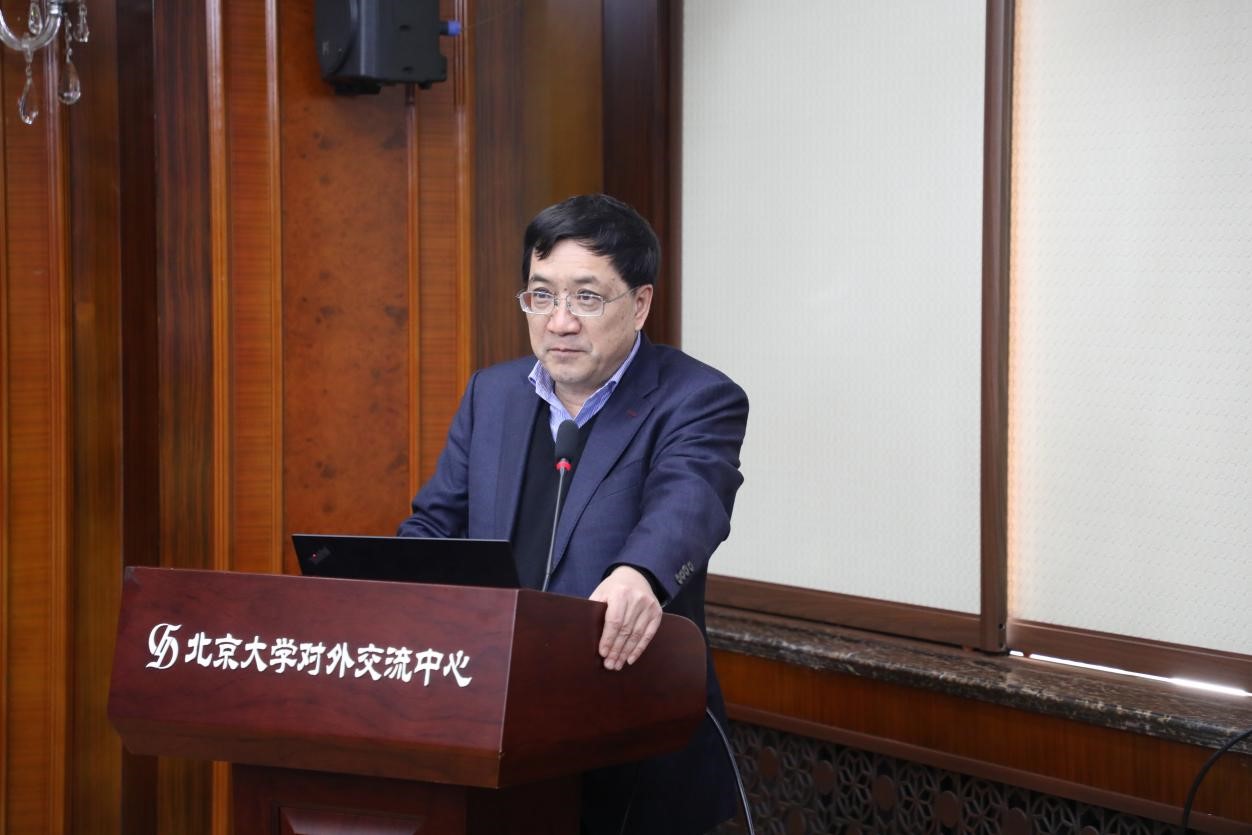
Prof. Mohammad Alam of the Bangladesh Agricultural University (BAU) presented the research results on behalf of the Bangladesh team. He presented the main results of the team's work on rural economic transformation and food security, irrigation infrastructure, and income generation for poverty reduction, noting in particular the team's in-depth and comprehensive collaboration with a number of experts and scholars from within Bangladesh and internationally during the research period, its commitment to the application of academic research to policymaking, and its use of the online and web-based platforms to maximize the impact of the project's results both domestically and internationally during the outbreak. During the epidemic, the team made full use of the special advantages of the online platform to expand the domestic and international influence of the project results.

Prof. Tahlim Sudaryanto,National Research and Innovation Agency, Indonesia,represented the Indonesian team. He emphasized that Indonesia's rural economic transformation had continued to grow over the past three decades, and that the team's analysis of cross-regional differences in rural economic transformation had revealed the significant contribution of rural economic transformation to rural income generation and poverty reduction, income equality and food security in Indonesia. In addition, Prof. Tahlim Sudaryanto pointed out that the results achieved by the team provide a scientific basis for agricultural policymaking in Indonesia and greatly expand the country's network of academic cooperation in the field of agroeconomics with the international and domestic community.
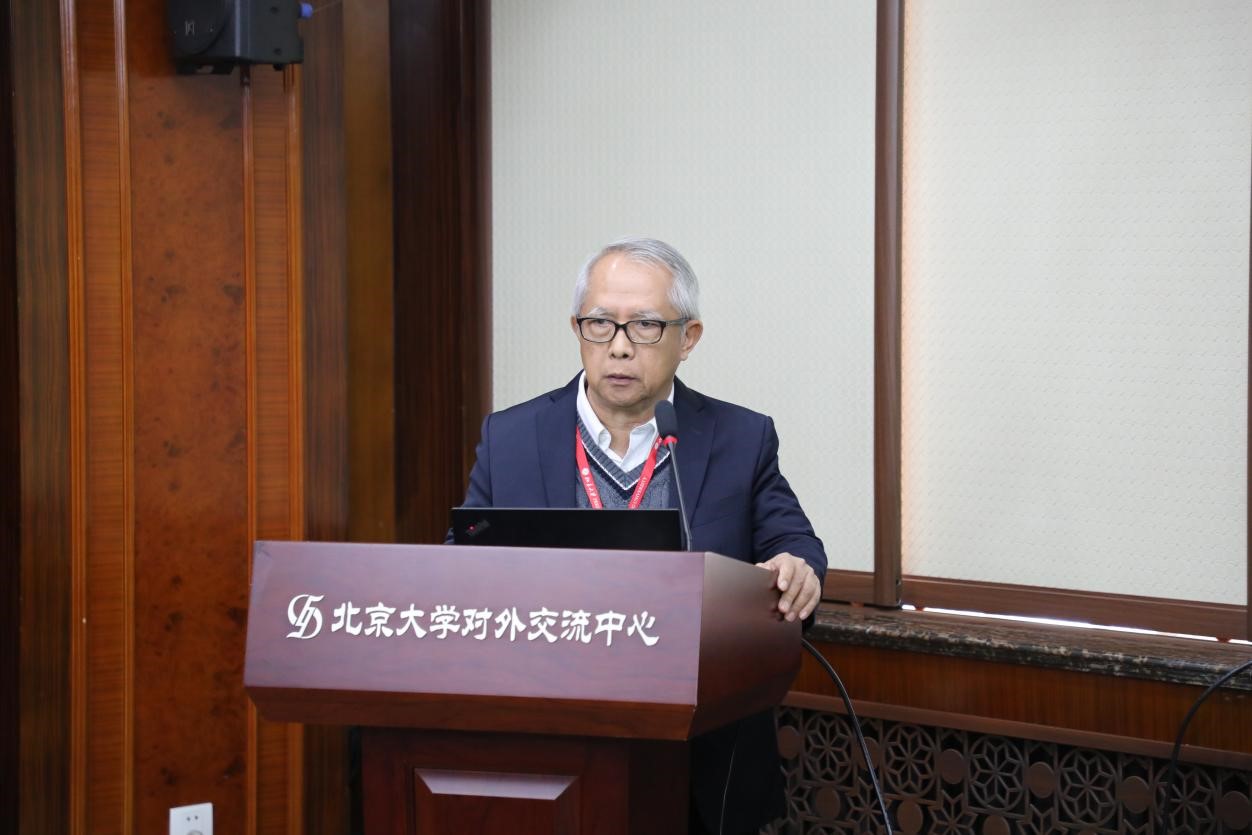
Prof. Abedullah Anjum,Pakistan Institute of Development Economics,presented on behalf of the Pakistani team. He presented the main achievements of his team, emphasizing in particular the important impact of agricultural infrastructure, such as irrigation, rural credit and rural education, on high-value agriculture and off-farm employment of the rural workforce in Pakistani agriculture. In addition, he described the important role of the advisory board established by the research team in the country in scaling up the policy impact of the research results.
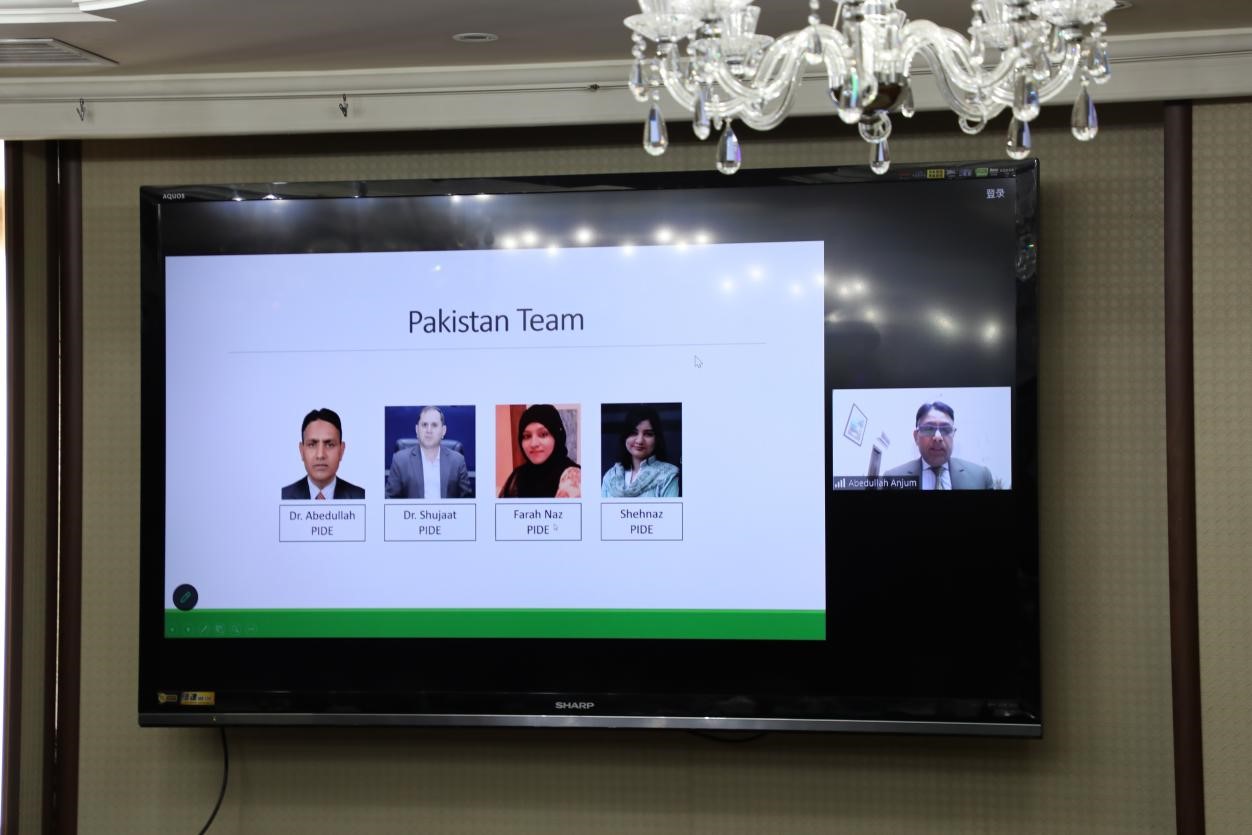
The project leader, Prof. Chunlai Chen of the Australian National University (ANU), made a report on the overall implementation and results of the project. Prof. Chen particularly pointed out that through the joint efforts of more than 40 team members from Bangladesh, China, Indonesia and Pakistan, the project has achieved fruitful academic results, including academic journals, published books and conference papers. Under the research framework of Rural Transformation (Rural Transformation) path, stage and main measurement indicators proposed by Prof. Huang Jikun, the project has innovatively carried out research on transformation and driving forces (IPIs) at the regional (provincial or regional) level in four countries; on this basis, the research team has analyzed the impact of rural transformation on income, employment and other social development, and explored the impact of the rural economic transformation system, policies and investment (IPIs) on social development and economic development. On this basis, the research team analyzed the impact of rural transformation on social development, including income and employment, and explored the role of institutions, policies and investments (IPIs) in rural economic transformation; the project also built a network of academic seminars and policy-making think tanks in the four countries and Asia, providing more scientific theoretical support for the formulation of policies related to rural transformation in developing countries.
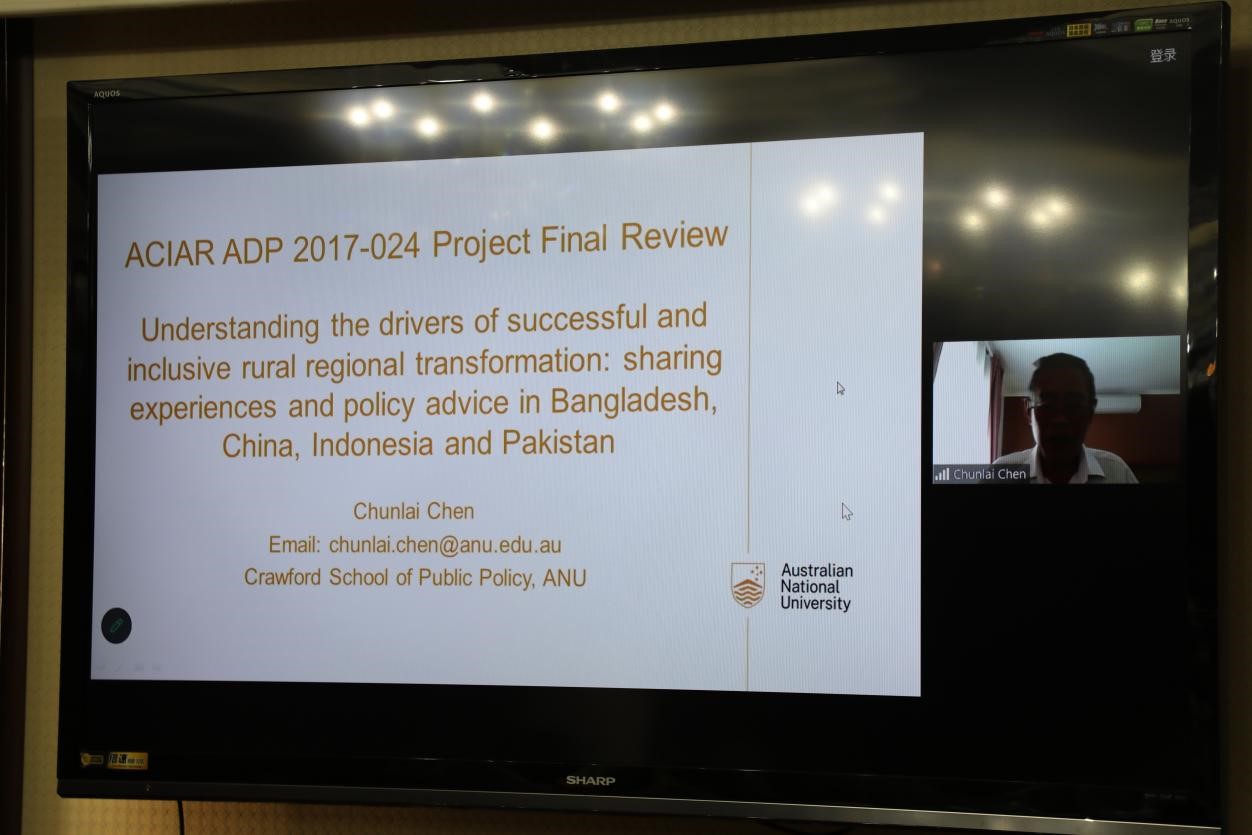
Finally, Prof. Huang Jikun puts forward three suggestions for the future direction of rural economic transformation research. First, on the basis of the existing research on rural economic transformation in the country, expanding to other developing countries (Extensive study); second, on the basis of the existing research on the national and regional (macro and meso) scale, further expanding to the villages and farm households (micro) scale research (Intensive study); third, to carry out the research on the rural economic transformation of developing countries by digital technology. Third, we will conduct research on digital technology to facilitate the transformation of rural economies in developing countries.
In addition, other core members of the project team also reported on some of the topics of the study on the pathways and determinants of rural transformation. Prof. Wang Jinxia and Prof. Sheng You from the China Agricultural Policy Research Center of Peking University, Prof. Fay Rola-Rubzen from the University of Western Australia, Dong Wang from the Australian National University, and members of the Indonesian, Bangladeshi and Pakistani teams shared their experiences in food security, international trade, sustainable development, gender equality, and project training respectively. The team members from Indonesia, Bangladesh and Pakistan shared their research results on topics such as food security, international trade, sustainable development, gender equality and program training.
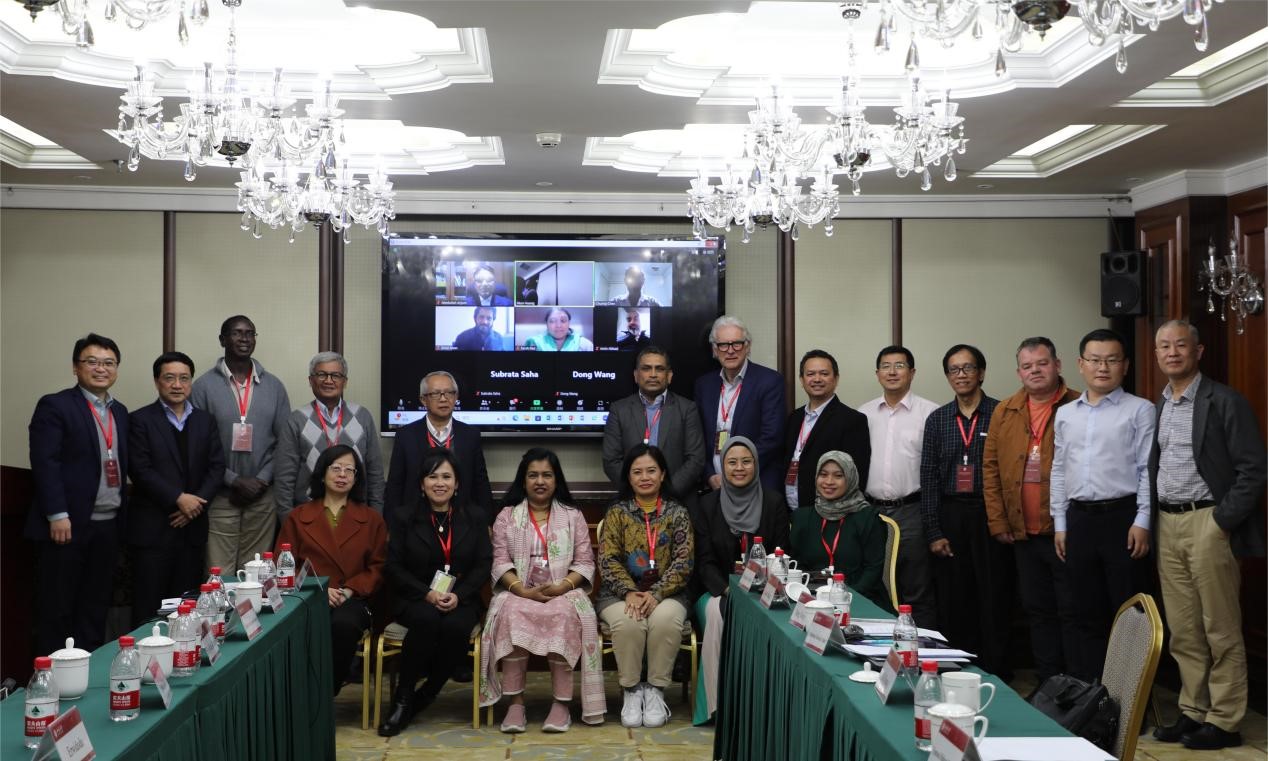
On December 8, some members of the project team visited Beijing Xinfadi Agricultural Products Wholesale Market and Yanqing Smart Agribusiness Science and Technology Yard in Yanqing District.
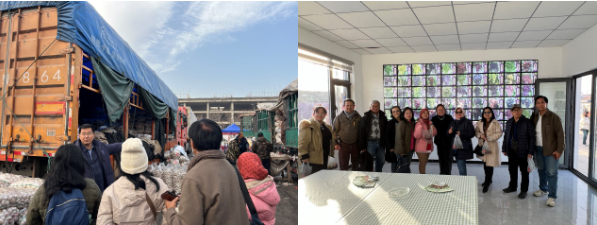
The workshop explored rural transformation and policy implications for developing countries in Asia, and the meeting facilitated the formation of future international networks, cooperation and partnerships of participants by fostering dialogue and cooperation among leaders of international organizations, experts and policymakers, and provided a new basis for decision-making by policymakers in countries undergoing rural transformation.



 Home
Home



